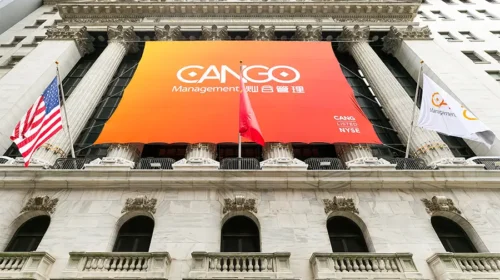FAST NEWS: Weibo Profit Tumbles on Sliding Ad Revenue

The latest: Weibo Corp. (WB.US; 9898.HK) on Thursday reported its revenue dropped 22% to $450 million in the second quarter, while its net profit plunged 65% to $28.3 million.
Looking up: The company’s non-GAAP operating margin improved to 32% in the second quarter from 29% in the first, benefiting from continued cost optimization and efficiency improvements.
Take Note: The company’s core advertising and marketing revenue, which accounts for about 86% of its total, decreased 23% year-over-year to $386 million in the second quarter.
Digging Deeper: Often called the “Twitter of China,” Weibo offers a micro-blog format and is controlled by Sina Corp., one of China’s oldest internet media companies. Weibo was listed on the Nasdaq in 2014 and completed its secondary listing in Hong Kong last December. The company’s revenue and net profit rose 33.6% and 36.7% last year, respectively, reflecting a rebound from a low base during a difficult period when the Covid-19 outbreak began in 2020. In 2022, the group’s two pillars of revenue, advertising and value-added services, both took hits from a Covid resurgence in China, which resulted in lockdowns and other restrictions in major cities. Advertisers have also slashed their budgets in the face of China’s slowing economy.
Market Reaction: Weibo’s Hong Kong-listed shares trended downward on Friday, closing down 3.4% at HK$153 at the midday break. The stock now trades 43.9% below its Hong Kong IPO price of HK$272.80 from last December.
Translation by Jony Ho
To subscribe to Bamboo Works free weekly newsletter, click here





